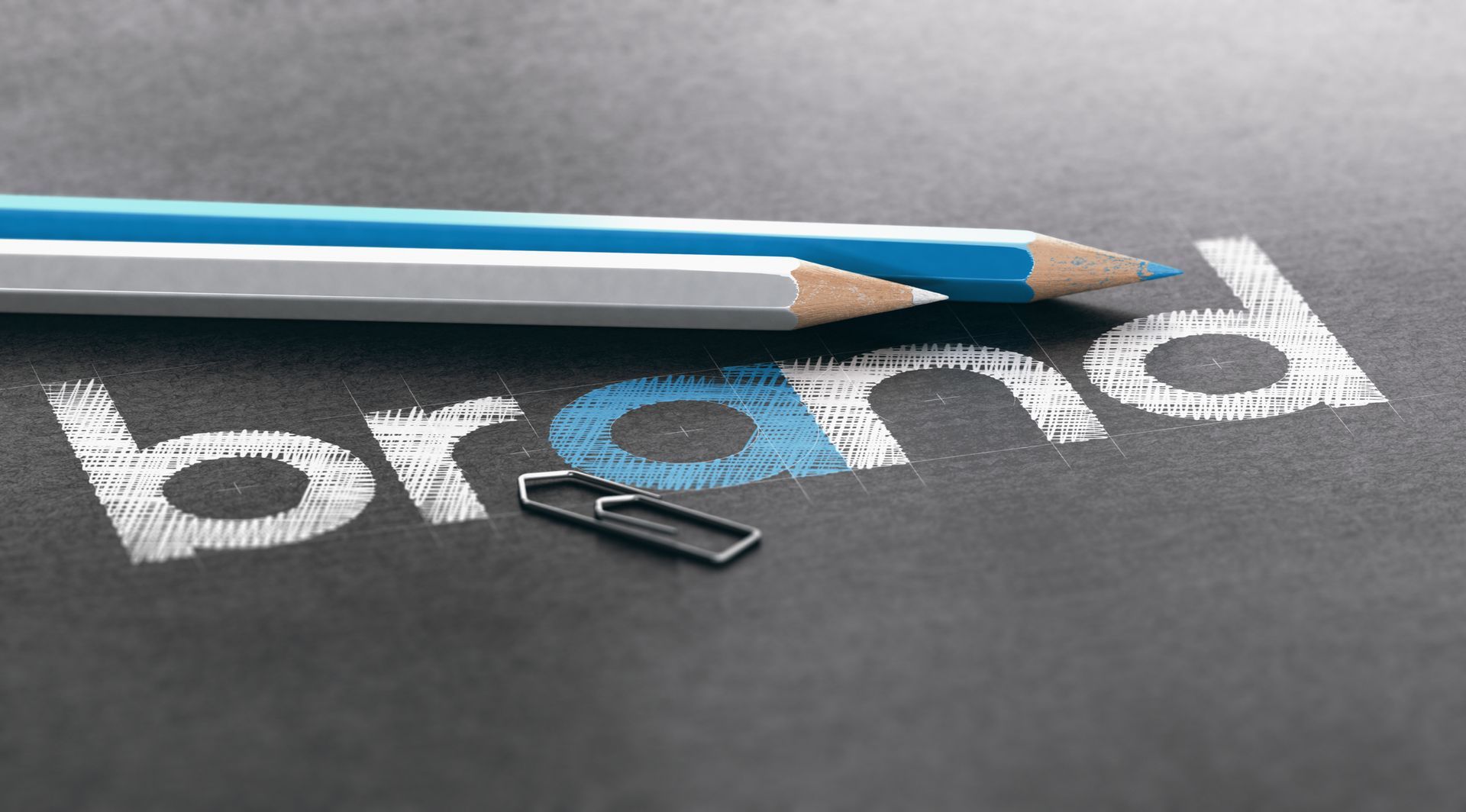Don't Sabotage Your Success: 3 Branding Mistakes Even Top Business Owners Make
You’ve built a thriving business from the ground up, a testament to your hard work, vision, and expertise. You've established a reputation for quality and have a loyal customer base. But what if you're unknowingly making branding mistakes that are undermining your long-term growth and leaving money on the table?
Even the most successful entrepreneurs can fall into common branding traps. These aren't always glaring errors; they're often subtle missteps that, over time, can dilute your brand's power, confuse your customers, and make it harder to command the premium pricing you deserve. Recognizing and rectifying these mistakes is the key to unlocking your brand's full potential and ensuring its enduring value.
Mistake #1: Inconsistent Messaging Across Platforms
Think of your brand as a person. Would you trust someone who told a different story to everyone they met? Of course not. The same principle applies to your business. In an age where customers interact with your brand across multiple touchpoints—from your website and social media to your physical location and customer service team—inconsistency is a brand killer.
This mistake often manifests in several ways:
- Varying visual identity: Your logo, colors, and typography look different on your website than they do on your business cards or social media banners.
- Conflicting brand voice: Your tone on social media is casual and friendly, but your website copy is formal and corporate.
- Mixed value propositions: You promote your business as a high-end luxury brand on one platform, but your advertising on another focuses on discounts and low prices.
How to Avoid It:
Create a comprehensive brand style guide. This document should be the North Star for all your communications. It should outline not only your visual elements but also your brand's voice, tone, and core messaging. Ensure every team member, from marketing to sales, understands and adheres to this guide. Consistent messaging builds trust and reinforces your brand's identity, making it instantly recognizable and reliable in the eyes of your customers.
Mistake #2: Neglecting the "Why" in Your Story
You know what your business does and how it does it, but have you clearly explained why you do it? Many successful businesses focus so much on the features and benefits of their products or services that they forget to share the passion, purpose, and values that drive them. This is a missed opportunity to create an emotional connection with your audience.
Customers, particularly affluent ones, are often motivated by more than just a transaction. They want to align themselves with brands that share their values and tell a compelling story. When you neglect to share your "why," your brand becomes just another provider in a sea of options.
How to Avoid It:
Spend time crafting your brand's origin story. Why did you start this business? What problem are you solving, and what values guide your decisions? Integrate this narrative into all aspects of your brand. Use your website's "About Us" page to tell a compelling story, not just list your company's history. Weave your purpose into your marketing campaigns and social media content. When customers understand and connect with your "why," they don't just buy your products; they become part of your brand's journey.
Mistake #3: Failing to Invest in Your Personal Brand
As the business owner, you are the face and voice of your company. Your personal brand—your reputation, expertise, and public persona—is a powerful asset that can amplify your business's brand. However, many successful entrepreneurs are so focused on the company brand that they neglect to build their own.
When you fail to invest in your personal brand, you miss out on opportunities to:
- Establish thought leadership: Sharing your expertise on platforms like LinkedIn or through industry speaking engagements can position you as a respected authority.
- Attract top talent: A strong personal brand can make you a magnet for the best employees who want to work for an inspirational leader.
- Forge valuable partnerships: Your reputation can open doors to strategic alliances and collaborations that can propel your business to new heights.
How to Avoid It:
Actively cultivate your personal brand. Define your personal brand's mission and values, and ensure they align with your business. Leverage social media platforms like LinkedIn to share your insights and expertise. Consider writing a blog, speaking at industry events, or participating in podcasts. By investing in your personal brand, you create a powerful dual-brand strategy where your business and your own reputation reinforce and strengthen each other, creating a legacy that extends beyond the company itself.






